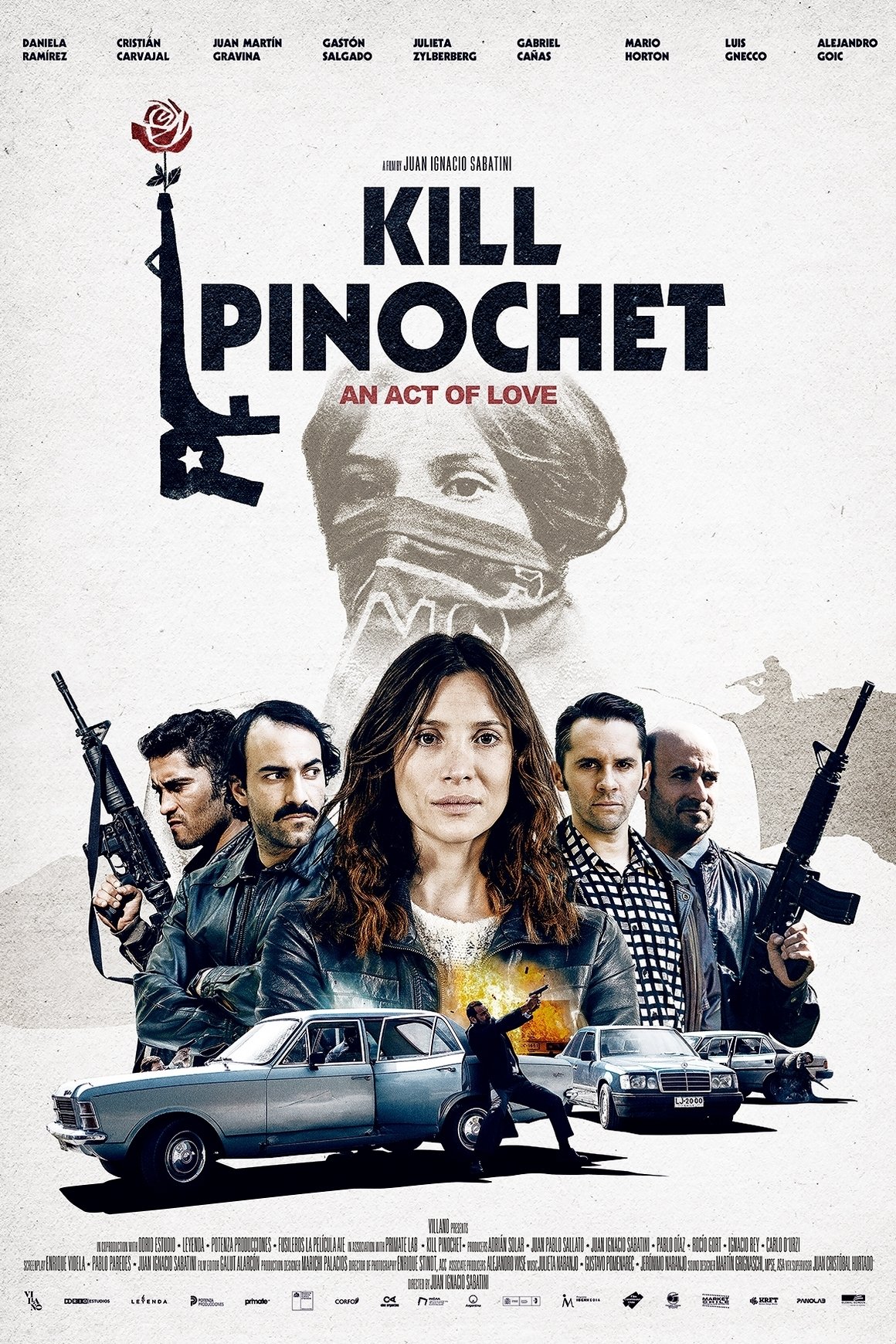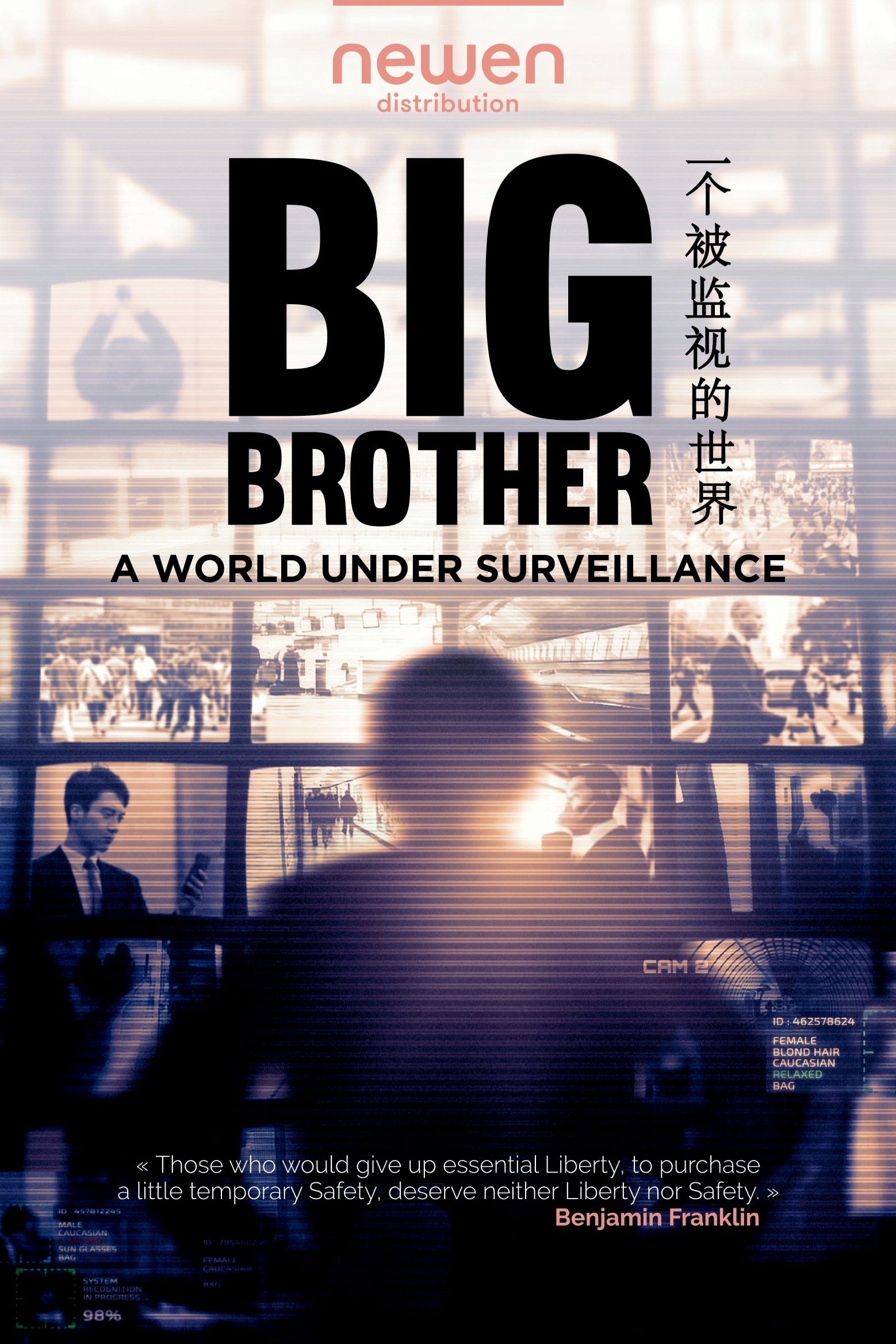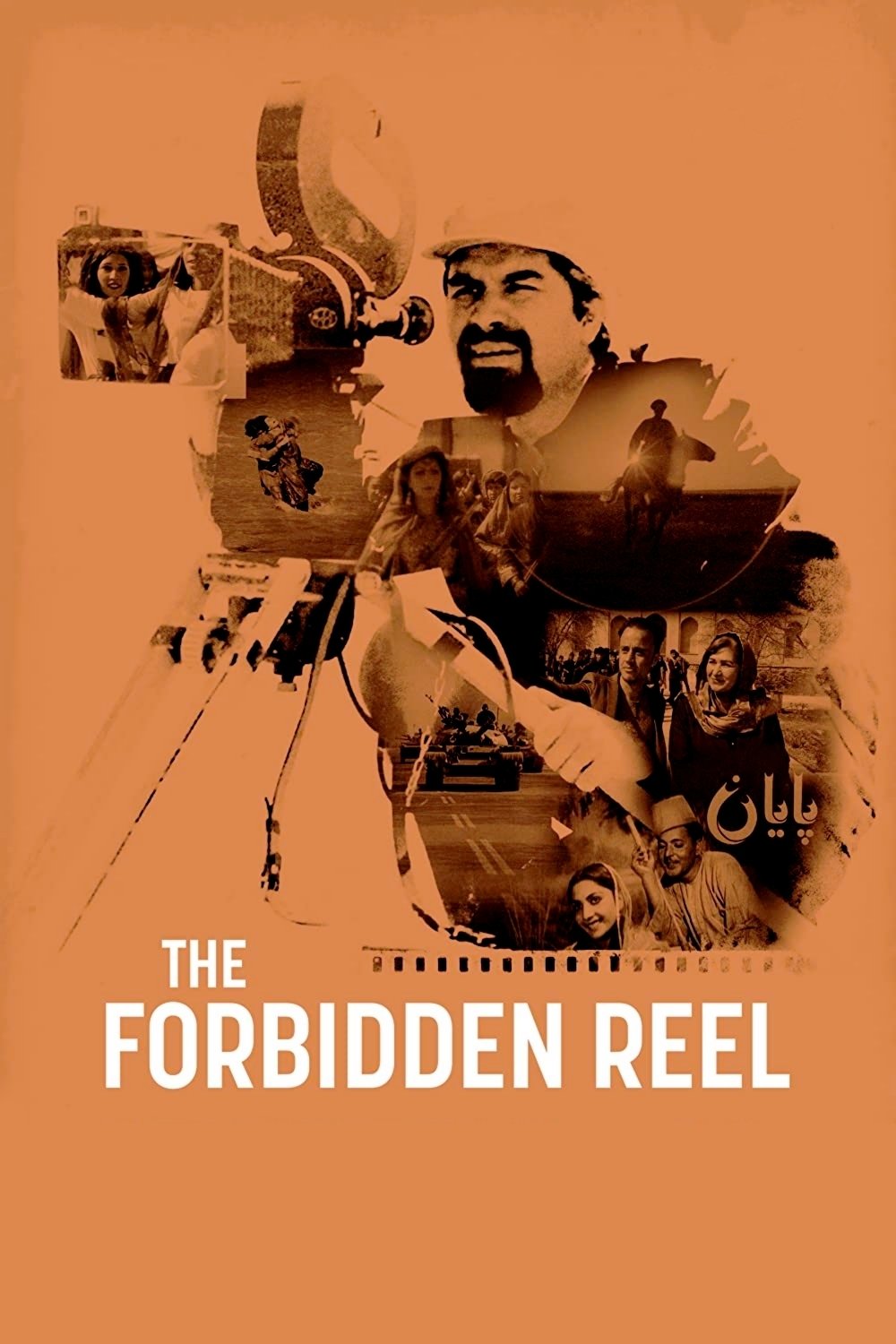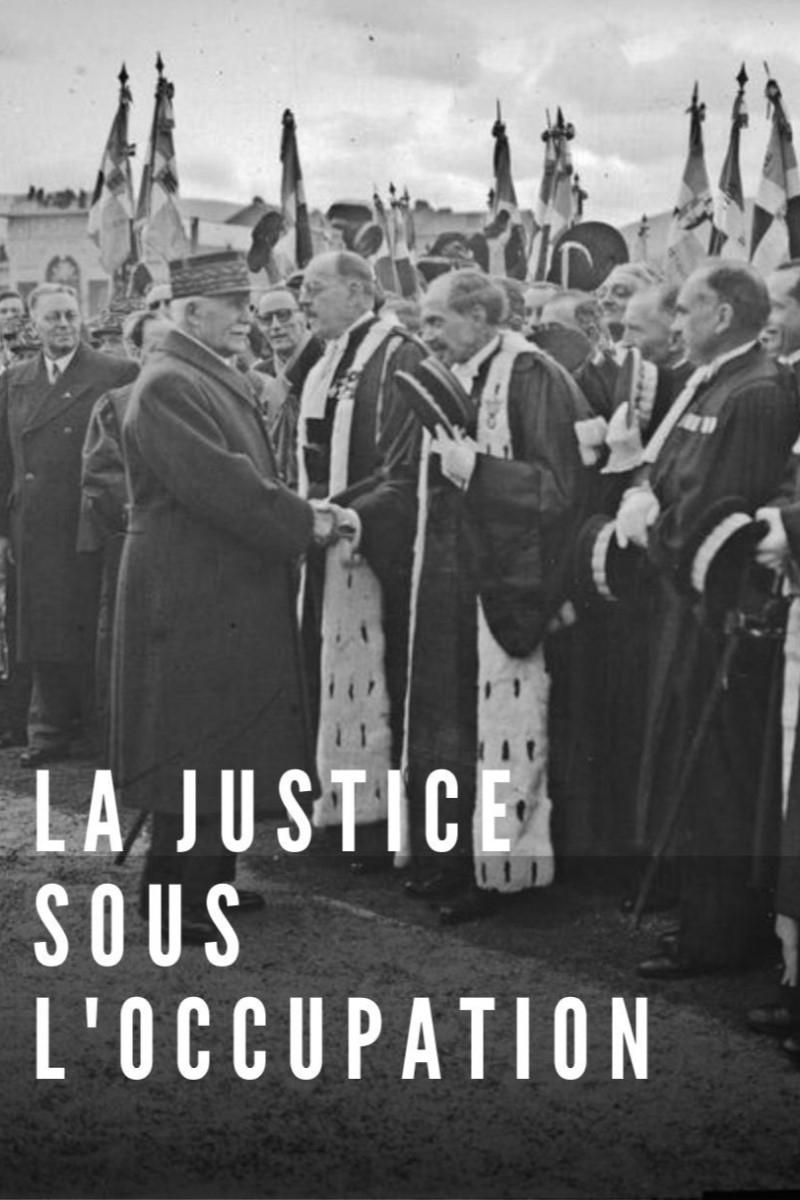
Browse all content tagged with this keyword.
Showing 72 results

Kharkiv, the 1930s. The heyday of Ukrainian art. Ambitious young...

The story of Russian writer and Soviet dissident Aleksandr Solzhenitsyn...

Chile, September 1986. Tamara, commander of the communist guerrilla group...

Under the pretext of fighting terrorism or crime, the major...

According to the official history of Afghanistan, ruthless destruction has...
